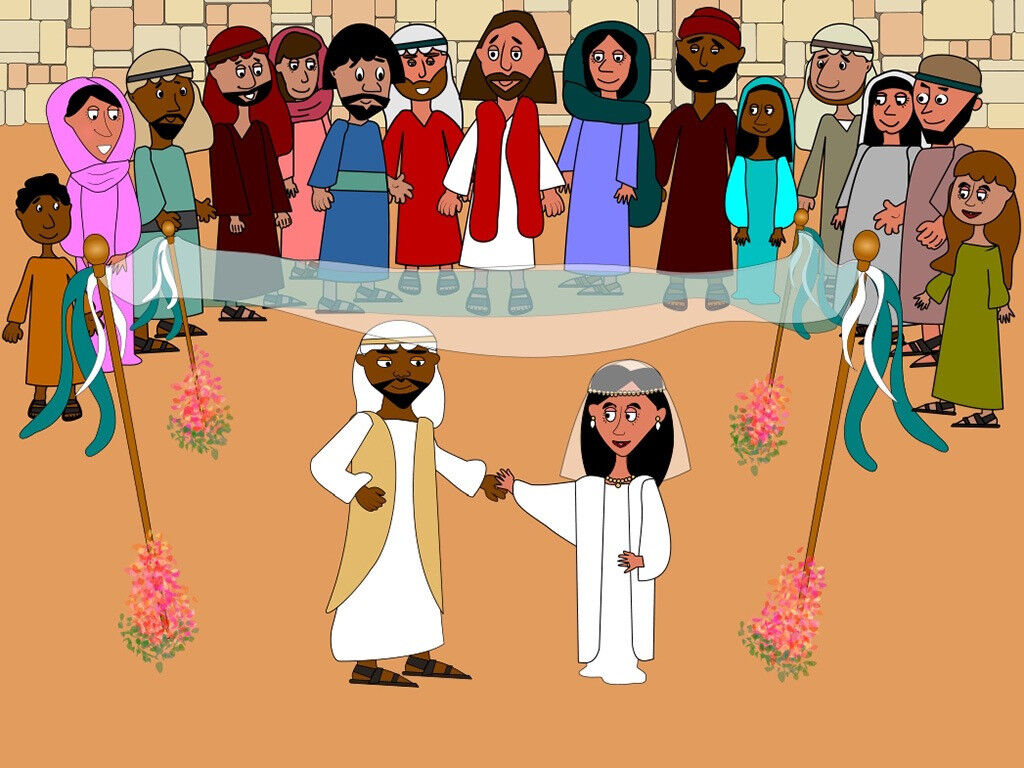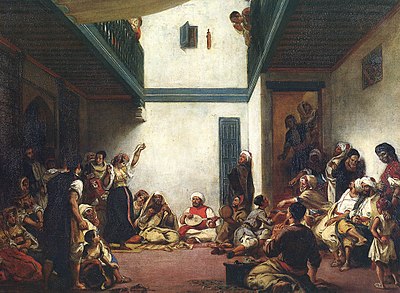INTRODUCTION
I have started reading through the Gospel of John very slowly, one thought at a time. For me it opens up the gospel in a new way, raising all sorts of interesting questions. Looking at the story of the wedding at Cana in Galilee (John 2.1-11) brought up some new ideas.

WAS JESUS RUDE?
There is a peculiar exchange between Mary and Jesus in vv 3 – 4. Mary tells him, “They have no wine”. Jesus replies, in the NIV translation, “Woman, why do you involve me.” That is frankly rude. And a poor translation of the Greek. What the Greek text actually says is “What to you and to me?” In other words, “Why should that bother us?” And he adds, “My hour (time) has not yet come.”
It is at this point that we see Mary’s character as a Jewish mother come out.
MARY, A JEWISH MOTHER
I don’t know if Jewish mothers were the same two thousand years ago as they are reputed to be now. Perhaps they were. A typical modern story is this.

Moshe, a 20-year old man comes downstairs. His mother says, “Happy Birthday.Moshe. Here’s your present.” She gives him two ties, a green one and a blue one. Next day he comes downstairs wearing the green tie. His mother looks at him and says, “So, Moshe, the blue one was no good?”
It seems to me that at the Cana wedding Mary is a real Jewish mother. Always getting involved, “They have no wine.” Jesus made it perfectly clear that he was not interested, and that that kind of ministry was not on his agenda then. What does Mary do? She drops him right in it. Saying, publicly, to the servants, “Do whatever he tells you.”
Jesus is now in a fix. Should he ignore her and tell the servants to go away. It would mean publicly shaming his mother – an impossible act in that or any other culture. So what does he do? He tells the servants to serve up water.
WHO WAS SURPRISED?
The story continues that the water was served up to the wedding party manager, who found it excellent wine, better in fact than the wine served up previously. So he accuses the bridegroom, hopefully humorously, of being a cheapskate and intending to keep the best wine for his own later consumption. The question I have is, who was surprised?

Not the party manager. He just thought the servants had got the private supply of wine.
Not the bridegroom. He did not know there was a problem.
Not Mary. – Well, she was a bit surprised, but she definitely thought that Jesus would sort out something.
Was Jesus surprised? Perhaps. When he told the servant to serve up water, what was he expecting? We know from all his teaching that a luxury lifestyle was not his preferred option. When he miraculously fed five thousand with bread and fishes, he provided coarse barley bread, not (as far as we know) upper class wheat bread. Perhaps Jesus wanted to make a point that wine was not necessary for a celebration – that water and good fellowship would do just as well. Perhaps he was just as surprised as the servants when he realised that God’s life and love residing in him had that dramatic effect.
MIRACLE AT CAPERNAUM
Something similar happened in Capernaum later, when he went with the synagogue president to heal the latter’s daughter:
‘A large crowd followed and pressed around him. And a woman was there who had been subject to bleeding for twelve years… When she heard about Jesus, she came up behind him in the crowd and touched his cloak, because she thought, “If I just touch his clothes, I will be healed.” Immediately her bleeding stopped and she felt in her body that she was freed from her suffering.
‘At once Jesus realised that power had gone out from him. He turned around in the crowd and asked, “Who touched my clothes?” “You see the people crowding against you,” his disciples answered, “and yet you can ask, ‘Who touched me?’ ”
But Jesus kept looking around to see who had done it. Then the woman, knowing what had happened to her, came and fell at his feet and, trembling with fear, told him the whole truth. He said to her, “Daughter, your faith has healed you. Go in peace and be freed from your suffering.”’ (Mark 5.24-34)
GLORY REVEALED
John ends the story with the comment: Jesus did this, the first of his signs, in Cana of Galilee, and revealed his glory. (John 2.11 NRSV). Perhaps there was a sense in which the glory was revealed to Jesus himself, as well as to his disciples who now ‘believed in him’.

AND MARY?
Mary had known Jesus as a difficult teenager (Luke 2.48-49). She now had to come to terms with him as a difficult adult.
‘Then his mother and his brothers came; and standing outside, they sent to him and called him. A crowd was sitting around him; and they said to him, “Your mother and your brothers and sisters are outside, asking for you.” And he replied, “Who are my mother and my brothers?” And looking at those who sat around him, he said, “Here are my mother and my brothers! Whoever does the will of God is my brother and sister and mother.”’ (Mark 3.31-35)
